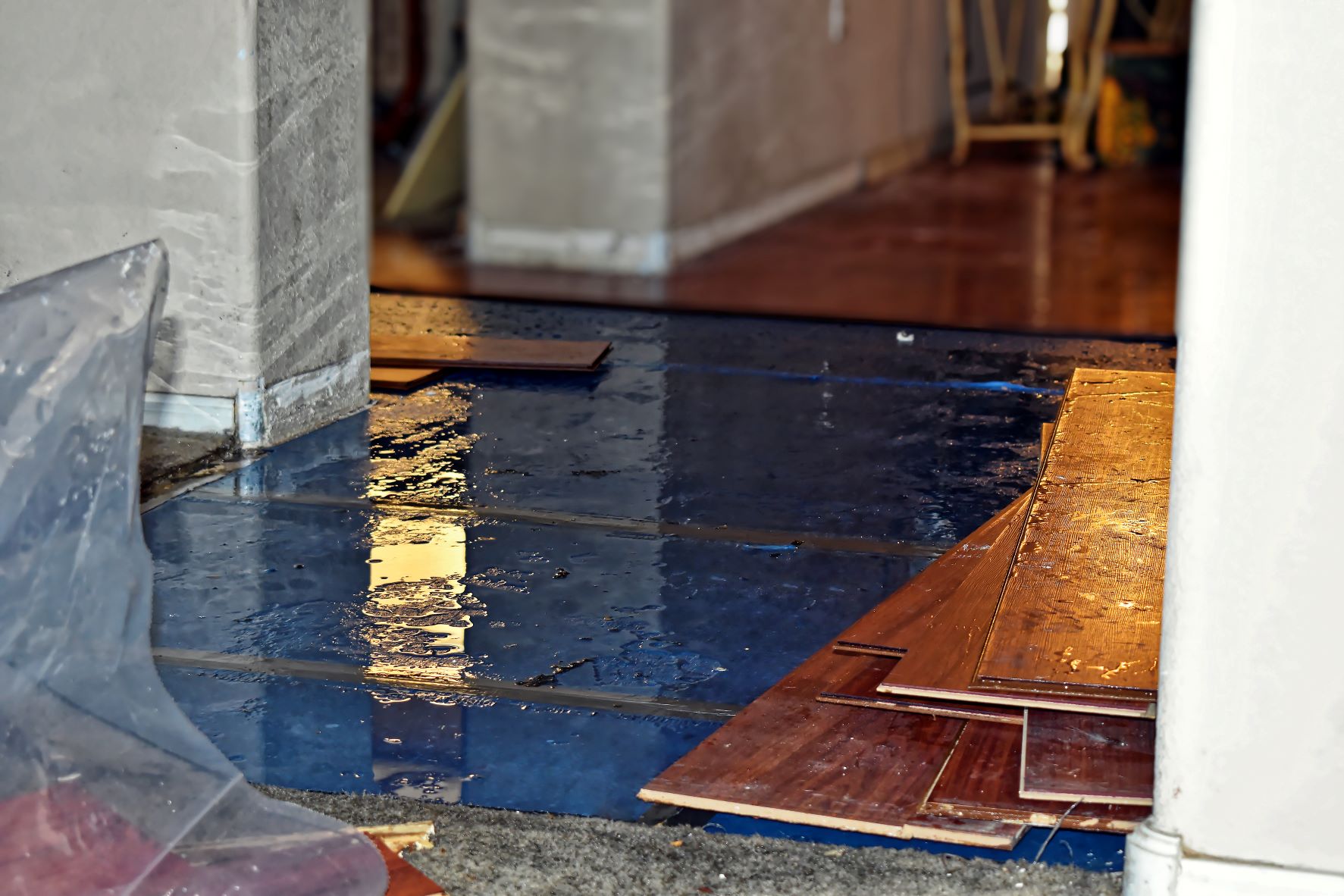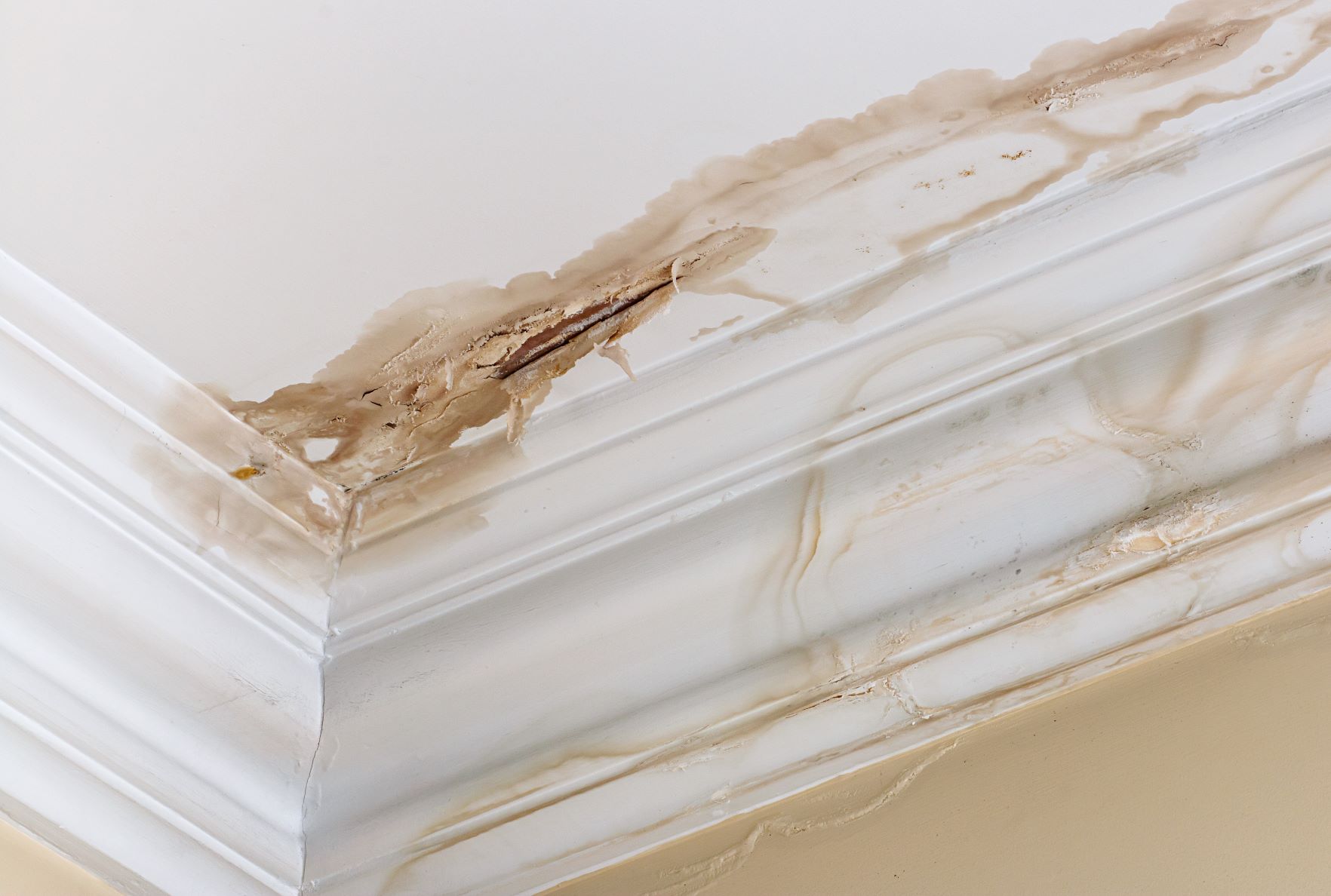
 Loading... Please wait...
Loading... Please wait...Save Money. Grow Your Own!
Fast Plain Box Shipping.
We ship to the US & Canada.
Posted on 18th Dec 2022
5 Most Common Causes Of Water Damage And Its Remedies
Water is a necessity, but as a destructive force of nature, it can damage your home in many ways. Water damage can weaken the foundations and walls of your home if left unchecked. Your floor may warp, and the moisture may lead to mold growth.
Water damage is costly and may happen anytime, especially if your home is ill-equipped. Knowing the possible causes can help you find ways to prevent a problem, deal with it if possible once it occurs, and especially know when to tap the assistance of experts, such as Water Damage Specialist.

Below are some of the most common causes of water damage and their remedies:
1. Clogged Drains
From debris and grease to dirt and hair, your drains deal with countless substances that can cause clogging. Clogged drains may cause appliances and sinks to back up or overflow.
Keep the problem at bay by being mindful of dirt or debris that shouldn’t be going down your drain. To ensure no massive items lodge in the drain, place and secure mesh screens over your shower drains or sink.
2. Mother Nature
Another common cause of water damage is natural disasters, such as flash flooding, hurricanes, and severe thunderstorms. While you can’t control Mother Nature, you can control how you prepare your property for the harsh weather.
To minimize the impact of water damage to your property when a natural disaster strikes, consider keeping your gutters clear of debris and other particles that can collect there and weigh your gutters down. They need to remain strong once the storm hits. You can also get a flood insurance policy or consider a risk assessment if you’re located in a high-risk area.
3. Damaged Pipes
Your house has numerous pipes running through the walls, carrying water to your appliances and various parts of your home. No matter how durable your pipes seem, there’s no guarantee they will always be in good condition, especially outdated plumbing systems. Over time, they may leak or burst due to several factors.
The problem with leaky pipes is that they can be challenging to find. It can even be tempting to ignore the problem for weeks or months. Worse than leaky pipes are burst pipes, which are most common during the winter. Repairing burst pipes can cost you thousands of dollars.
Although there’s no way to predict when your pipes will burst or break, it’s imperative that you do regular plumbing checkups. Since most pipes run in the ceiling or behind your walls, you won’t know any issue exists unless you see visible damage to your drywall.
Call a plumber immediately if you notice some signs, such as peeling paint, persistent musty smell, or visible drywall stains. You can also work with a water mitigation expert to inspect your house, find the source of the problem, and clean the water damage for you.
4. Clogged Gutters
French Drain systems are an effective solution for managing excess water around your property. These drainage systems redirect water away from your foundation, preventing potential damage. Installing a French Drain can significantly reduce the risk of water-related issues, such as basement flooding and structural damage. Consider incorporating a French Drain into your landscaping to enhance the overall protection of your home and mitigate the most common causes of water damage.
The most common gutter cloggers are sludge, weeds, tree leaves, and ice. If you’re always busy and don’t have time to clean your gutters, dirt and debris may accumulate, clogging the drain. When your gutter is clogged, water pools with the blockage, and excess water may seep into your walls or overflow, causing damage to your property’s structures.
Water may also collect in your basement, leading to mold growth. To fix clogged gutters and prevent water damage, make sure to clean them regularly. If you have a hectic schedule, hire professionals to care for your gutters. This way, you won’t experience various issues associated with water damage.
5. Sewer Backup
A sewer backup may happen for several reasons. During winter, a frozen sewer line may prevent proper drainage, which can cause backups and burst pipes. Street repairs may also cause sewer backups.
Also referred to as black water, sewage water contains fungal, viral, and pathogenic contamination, which is a serious health risk. To resolve sewer backups, immediate cleanup is essential.
Failure to eliminate contaminated materials and sewage water may lead to a hazardous environment. However, to minimize health hazards, it must be handled by water cleanup specialists.

Conclusion
There’s no surefire way to eliminate the risk of water damage to your property, but there are ways to lessen it. Being aware of the common causes and the remedies can make a difference in the resilience of your property and other valuable possessions. You can take preventive measures and practice good maintenance in the process. Doing so can help minimize the risks, and you will know how to respond when water damage occurs in the future.